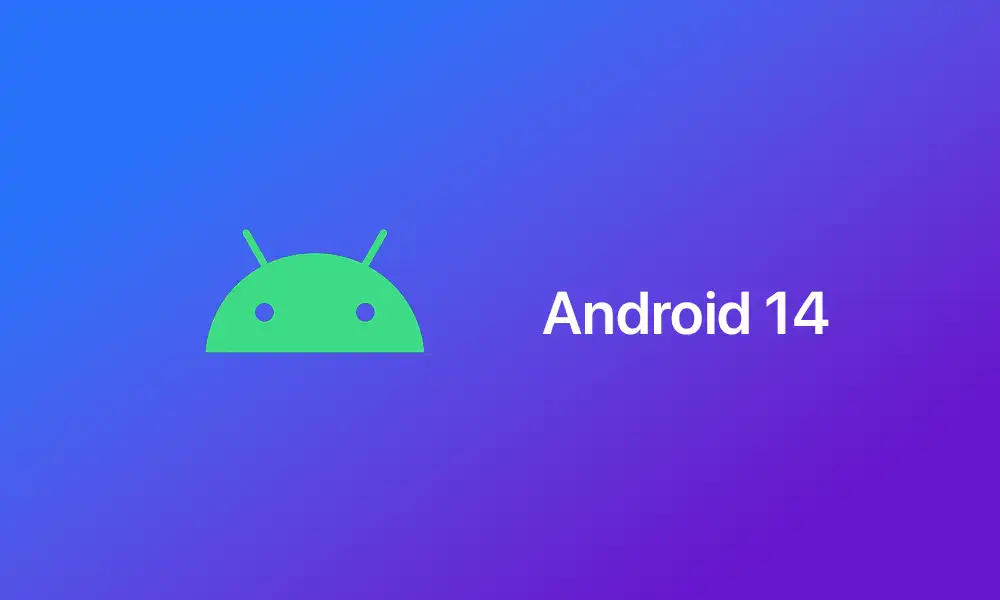Android 14 is introducing enhanced security and privacy measures in order to reduce the potential for malware. This move comes as a result of updated guidelines from the Google Play Store, which now require newly listed apps to target Android 12 at a minimum. With the release of Android 14, Google will now fully block the installation of apps that focus on outdated versions of Android.
The plan is eventually increase this threshold up to Android 6.0 (Marshmallow). These changes will block sideloading of certain APK files, as well as app stores from installing outdated apps on devices running on Android 14 or higher versions.
Android 14: Making API Guidelines Stricter
With the new enforcement of minimum installable SDK version, apps that use a lower target SDK version than required will be blocked from installation. This helps improve security and privacy by preventing malware from targeting older SDK versions to avoid enforcement of new API behavior.
The move is in response to the increasing number of malware incidents reported on older versions of the Android operating system. Blocking the installation of outdated apps aims to restrict the spread of these malicious apps, which often target older versions of Android to bypass new security measures and API behavior.
Also Read: Android 14 to Measure Distance Between Connected Bluetooth Devices
The implementation of these new rules will help restrict the spread of malicious software and applications across devices powered by Android OSes, thus improving user safety when downloading content online or using third-party app stores.

Furthermore, it may also encourage developers to update their older applications with newer features that are available in more recent versions of android operating systems such as Marshmallow’s improved permissions system which offers better control over how much access an application has within your device’s data storage areas while providing users with greater transparency into what those applications can do once they have been granted permission by you – something that was not previously possible before Marshmallow’s introduction back in 2015/2016 timeframe.
The new guidelines may make it harder for some users to install outdated apps, but it is a necessary step to ensure the safety and security of Android users. However, for those who still need or want to install an outdated app, it will still be possible through the use of a command shell and a new flag.
You May Like: Samsung Android 14 (One UI 6.0) Update: Expected Release Date and Supported Devices
Ultimately this change should be seen positively among users who value their security and privacy when using mobile phones powered by Google’s popular operating system; however there are still ways for people who wish to install outdated apps onto their device via command shell use due flagging but only if they understand how it works properly first prior attempting any attempts at doing so themselves without seeking professional assistance beforehand.